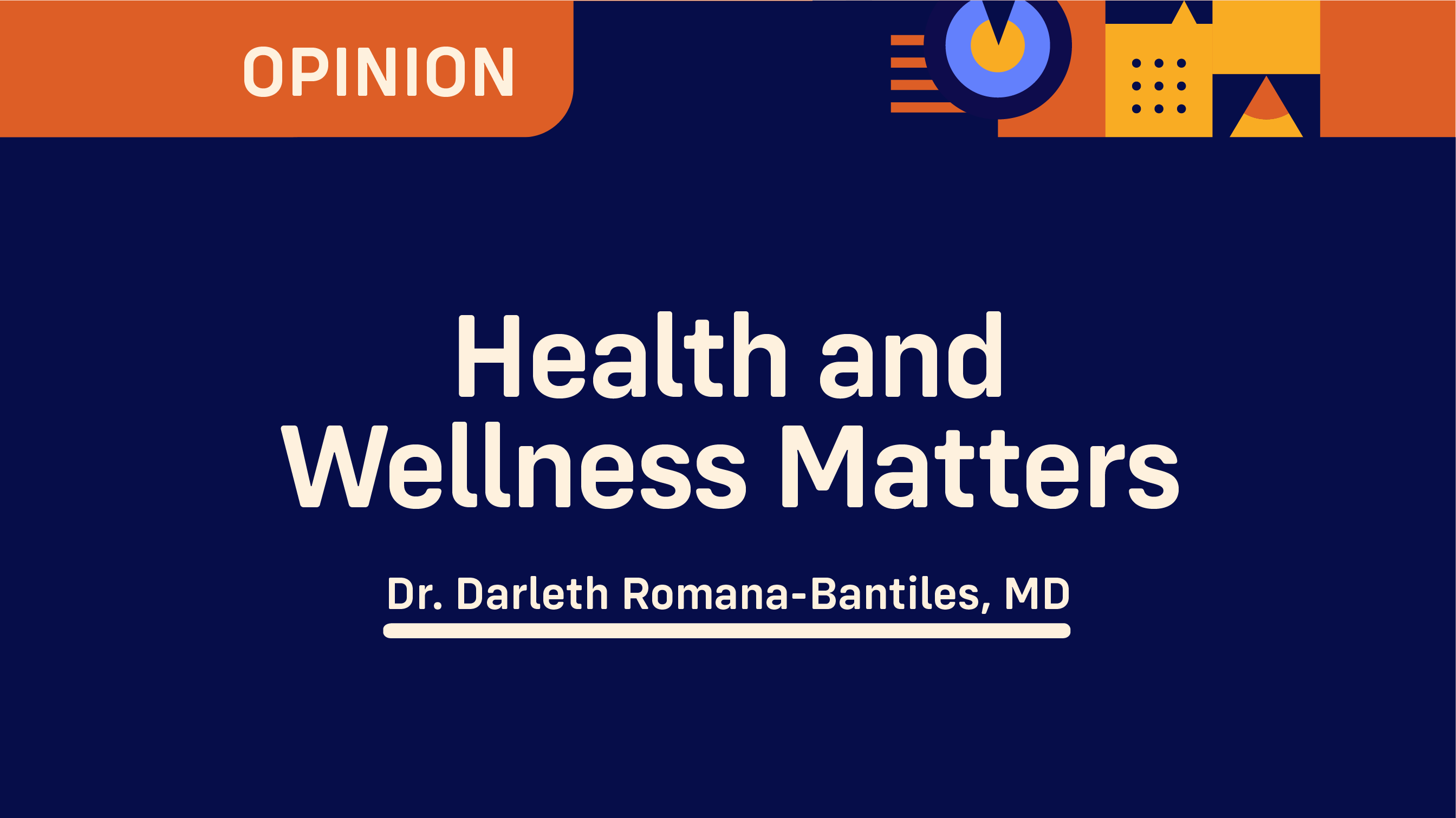A LOT of people have been complaining about how being cooped in their homes, due to quarantine restrictions and pandemic work-from-home arrangements, have taken a toll on their body mass index (BMI).
When you have your usual, or a bit increased, food consumption and lesser physical activity, there is a big possibility for weight gain.
However, long before the COVID-19 pandemic, more than 1.9 B adults and 370 million children worldwide are already overweight or obese. According to the World Health Organization, these numbers have tripled between 1975 and 2016.
Unhealthy lifestyle choices
Apart from little movement or exercise, food intake is a significant factor for one to be tipping more on the scales.
Consumption of heavily-processed, high-fat, high-sugar and salty food and beverages lead to weight gain and other negative health effects over time.
Then, malnutrition gives rise to conditions that are collectively called non-communicable diseases (NCDs); like diabetes, heart disease, arthritis, kidney failure and cancer.
Currently, a number of NCDs are among the top causes of mortality in the country.
Weaker immunity
Beyond NCDs, malnourished people also have weaker immunity and are more vulnerable to infectious diseases. Throwing in alcoholic-beverage consumption and tobacco smoking to the mix will make things even worse.
Fact is, the quarantine restrictions may have also affected eating habits – as many people order in, buy takeout and eat straight from the can.
Some scientists are also predicting that the psychosocial effect of isolation and distance may lead to further stress eating or unwise food choices.
Policies on agriculture, labor and trade also affect access to healthier food choices.
In a scenario where families are on a limited budget, quality of food will also not be prioritized over cost.
Moreover, when there is hunger from unemployment or loss of income, nutritional value of food is relegated.
Weight of emergency proportions
The United Nations recognized the impact of this exacerbating numbers of overweight and obese individuals, so much so that the World Health Assemblies in 2004 and 2011 adopted political declarations that will support actions on the global, regional and local levels for improved diets and physical activities of populations.
Economies are also insidiously affected by the problem of obesity, now more than ever.
Elevated BMI plays a big role in premature disability and death that lead to reduced Human Development Index (with indicators being life expectancy for health, education and standard of living).
For example, the early retirement of a breadwinner due to complications of diabetes leads to lower family income; with a chunk of available money divested for health maintenance medications and tests.
Investment to education of the next generation may also be reduced.
Obesity crisis
Even the response to the current pandemic may be compromised, if this obesity crisis is overlooked.
Excess weight brings a double burden; apart from decreasing immunity against SARS CoV2, mortality is increased for those who will have COVID-19 with this comorbidity.
A recent study by the Saudi Health Council, University of North Carolina at Chapel Hill, and World Bank, observed 48% increase in risk of death, 113% increase in risk of hospitalization and 74% increase in need for intensive care for obese patients with COVID-19.
Now, it is not just the senior adults who are more likely to die from the disease, young adults who have excess weight are also prone to have fatal complications!
Even the efficacy of a COVID-19 vaccine may be jeopardized, much like the outcome from influenza vaccine inoculation.
Healthier lifestyle
Health efforts have been diverted to the most recent pandemic for the past few months, but actions to contain this obesity epidemic definitely need to be sustained.
Otherwise, we will have even more public health concerns to tackle simultaneously in the future.
Beyond personal level modifications of healthier food choices and increased physical activity; governments should ensure that access to healthy lifestyle initiatives are sustained.
A price cap, stringent implementation of food label guidelines, higher taxes for sugary drinks may go a long way to support anti-obesity efforts.
Whether the initiatives need to be modified given the prescribed minimum public health standard or not, it should be ascertained that the community and the environment are much involved.
